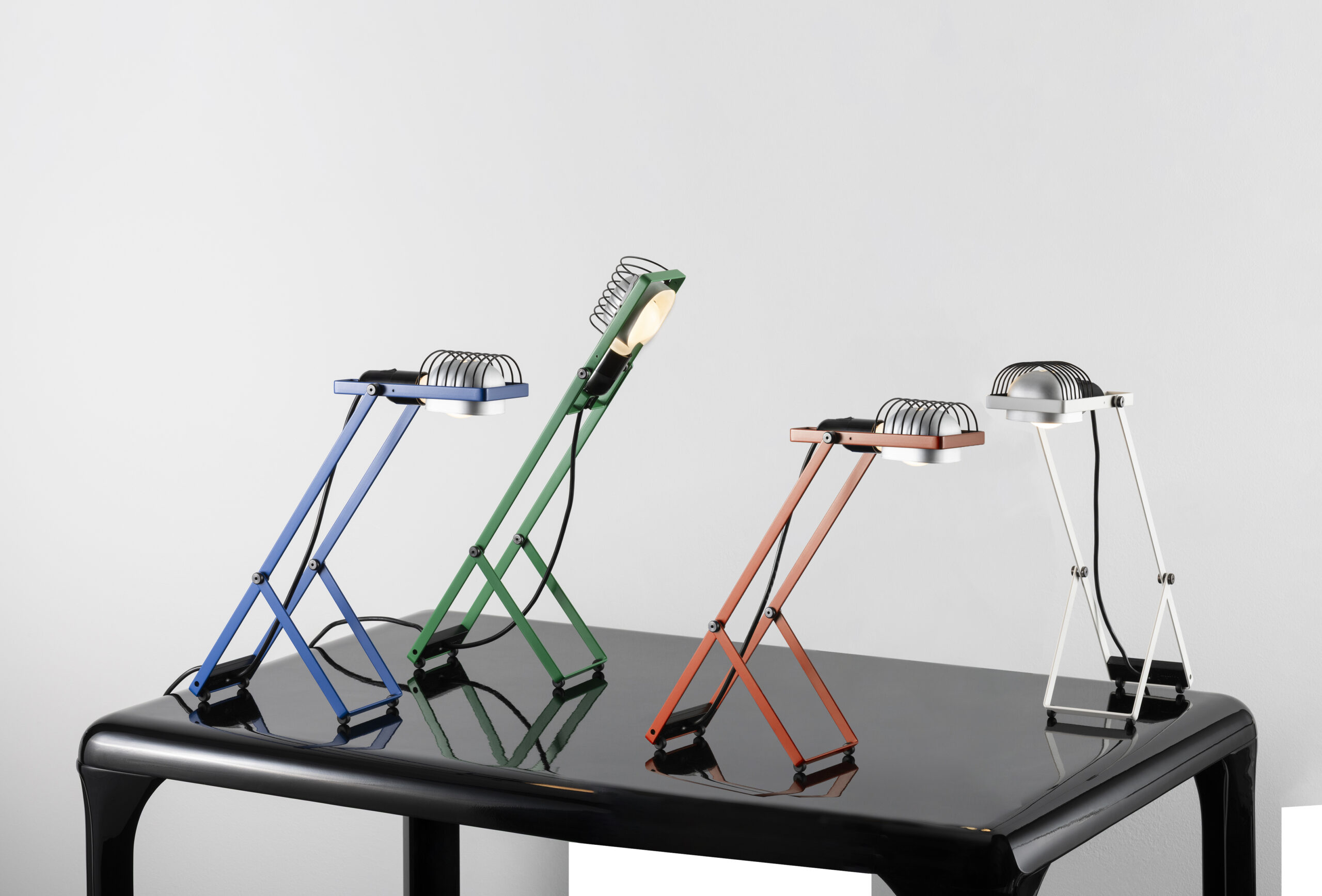
Only 10% are choosing to work in an office on a Monday, according to new data from workspace booking app NearU
Thursday is the most popular day to work in an office with post pandemic workers choosing to work from home on Mondays and Fridays, according to data from workspace booking app NearU, which allows users to search and book a desk closer to home.
Interestingly, NearU has found that only one in ten bookings on its app were for Mondays but working in an office on Thursdays was four times more popular. The research revealed staff were keen to meet colleagues and socialise in a new phenomenon dubbed ‘Thursyay’ before working from home the next day.
Read more: Workers feel more trusted and motivated thanks to hybrid working
NearU analysed over 1,000 bookings on its app between August and September 2021 and found nearly half (41%) were from people booking to work in an office on a Thursday. This was followed by Wednesday on 19%, Tuesday on 18%, Friday with 12% of bookings and Monday with just 10%.
This provides evidence of the emerging work trend of TWTs – people who go into an office only on Tuesdays, Wednesdays and Thursdays. It also highlights an alternative to working from home or in the main office – it’s WNH – Work Near Home in a serviced office close to where you live.
According to a Survation survey of 2,000 UK office workers carried out for NearU in May 2021:
- 53% of UK office workers plan to work in the office and remotely, typically three days in the office and two remotely. These are the TWTs.
- Up to half (42%) said they’d like to Work Near Home in a co-working space as well as working in their main office.
- 20% predicted their company would retain their current office but allow employees to Work Near Home in flexible workspaces closer to where they live.
“It’s clear from our data that people really don’t like Mondays in the office,” says James Solomides, Co-founder and Chief Commercial Officer of NearU. “Before the pandemic, they were occasionally working from home on Mondays and Fridays but were not confident to make that permanent. Now more than half have become TWTs, working in the office on Tuesdays, Wednesdays and Thursdays.”
“The interesting insight is that Thursday is by far the most popular day to travel to a workspace. It’s four times more popular than Monday. From speaking to people who use NearU, employees are going into offices on Thursdays to meet their colleagues and team members in person and have a drink after work and calling it ‘Thursyay’. That’s because they’re working from home the next day. Thursday really has become the new Friday.”
NearU is a British tech start-up and offers more than 700 flexible workspaces locations around the world, in the UK, Africa, Asia, Europe and North America. It is simple to use with no contract, and workers can use NearU by just downloading the free app, followed by searching, booking and working.
Read more: Meet the next-generation of bookable work pods
Users can find a desk for as short as an hour or as long as a month. Using local office spaces can reduce costs for firms. For example, an average office space in London costs up to £1,000 per employee per month. The average cost of using workspaces through NearU is just £200 a month per employee. Some companies already using the app include influencer marketing agency Fanbytes and Ibis Hotels.
“The pandemic has vastly accelerated change in the way we work,” shares Daniel Murray, co-founder of NearU. “Businesses recognise people can work remotely and realise they don’t need the office space they’ve always had. NearU is like an Airbnb for workspaces. It helps employers and their employees find a desk in an office near to them wherever they like. It also offers businesses significant savings on premises costs, utility charges and administrative expenses. It’s simple to use. You just search, book and work.”
NearU’s app will also uniquely offer people nearby volunteering opportunities they can sign up to when they book their office space through the volunteering charity Hands On London and LogMeIn. Cutting down on commuting time will allow everyone the opportunity to use the time saved to consider volunteering as well as reducing our carbon footprint.
Image by Fauxels, Pexels























